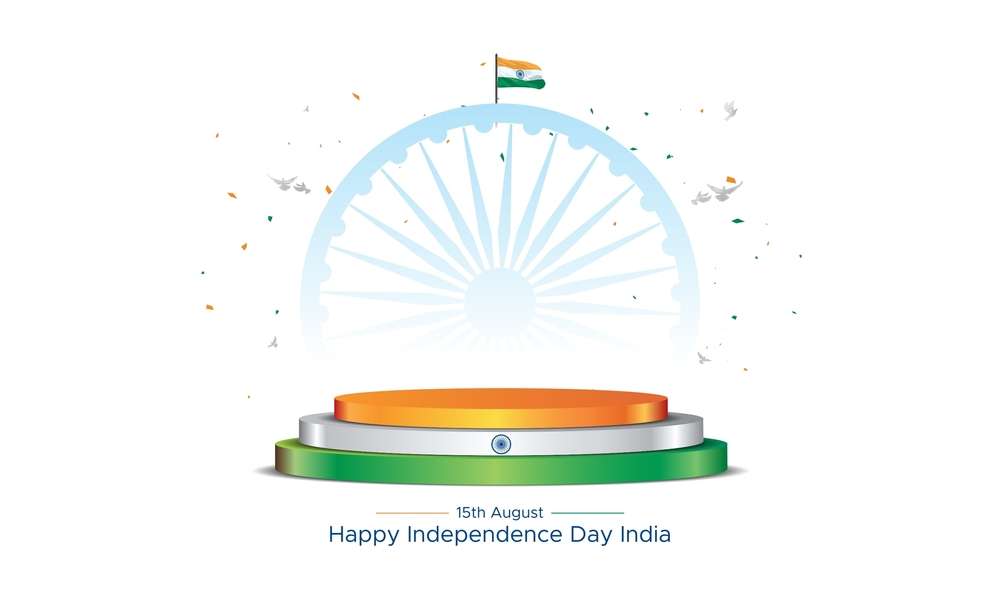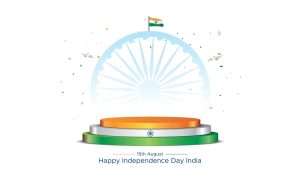Visa Tips for Solo Travelers: Navigating India Independently

India
Embarking on a solo adventure to India is an exhilarating experience that offers freedom, self-discovery, and cultural immersion. As a solo traveler, obtaining the right visa and navigating the entry process smoothly are essential steps to kickstart your journey of exploration and adventure. This article aims to provide valuable visa tips and guidance for solo travelers planning to visit India independently, empowering them to navigate the visa application process with confidence and embark on a solo travel adventure of a lifetime.
Understand Visa Requirements
Before planning your solo trip to India, it’s crucial to understand the visa requirements and options available to you as a solo traveler:
Tourist Visa: Most solo travelers opt for a tourist visa, which allows for leisure travel, sightseeing, and exploring India’s cultural and natural wonders. The tourist visa is typically valid for a specified duration, ranging from a few weeks to several months, depending on your travel itinerary and plans.
e-Tourist Visa (eTV): For added convenience, consider applying for an e-Tourist Visa (eTV) online, which allows for easy and quick visa processing without the need to visit a consulate or embassy. The eTV is suitable for short-term visits and offers multiple entry options for solo travelers exploring different regions of India.
INDIAN VISA FOR CANADIAN CITIZENS
Plan Your Itinerary
As a solo traveler, planning your itinerary in advance can help you make the most of your time in India and ensure a smooth and enjoyable travel experience:
Research Destinations: Explore the diverse destinations India has to offer, from bustling cities and historic landmarks to serene beaches and tranquil hill stations. Identify the places you want to visit and prioritize your must-see attractions.
Consider Safety: While India is generally safe for solo travelers, certain regions and cities may have specific safety considerations. Research safety tips, read travel advisories, and consider factors such as crime rates, transportation options, and accommodation choices when planning your itinerary.
Allow for Flexibility: Leave room for spontaneity and unexpected discoveries during your solo journey. While it’s essential to have a basic itinerary in place, be open to new experiences, local recommendations, and last-minute changes to your plans.
Apply for Your Visa in Advance
To avoid any last-minute hassles or delays, it’s advisable to apply for your visa well in advance of your planned travel dates:
Check Processing Times: Familiarize yourself with the visa processing times and timelines for visa approval, which may vary depending on the type of visa, your nationality, and the workload at the visa processing center.
Submit Complete Documentation: Ensure you submit all required documents and information accurately when applying for your visa. This may include your passport, passport-sized photographs, visa application form, travel itinerary, proof of accommodation, and financial means to support your stay in India.
Monitor Application Status: Stay updated on the status of your visa application by tracking it online or through the designated visa application center. Be proactive in addressing any requests for additional information or documentation to expedite the processing of your visa.
Understand Visa Validity and Conditions
Once you receive your visa approval, it’s essential to review the validity and conditions of your visa to ensure compliance during your solo travel in India:
- Validity Period: Note the validity period of your visa, including the start date and end date of your authorized stay in India. Plan your travel itinerary accordingly to make the most of your visa duration.
- Entry and Exit Requirements: Understand the number of entries permitted on your visa (single entry, multiple entries) and any restrictions on re-entry into India during the validity period of your visa. Ensure you exit India before the expiry date of your visa to avoid overstaying.
- Visa Extensions: If you wish to extend your stay in India beyond the validity of your visa, explore the option of applying for a visa extension through the appropriate channels. Keep in mind that visa extensions are subject to approval and must be requested well in advance of your visa expiry date.
INDIAN VISA AIRPORTS FOR ENTRY
Prioritize Safety and Self-Care
While solo travel in India can be incredibly rewarding, it’s essential to prioritize your safety and well-being throughout your journey:
Trust Your Instincts: Listen to your intuition and trust your instincts when navigating unfamiliar environments or interacting with strangers. Avoid risky situations, stay vigilant, and be mindful of your surroundings at all times.
Stay Connected: Keep loved ones informed about your travel plans, itinerary, and contact information while solo traveling in India. Maintain regular communication through phone calls, messages, or social media updates to provide peace of mind to friends and family back home.
Practice Self-Care: Take time for self-care and relaxation amidst your solo adventures in India. Stay hydrated, get enough rest, eat nourishing meals, and engage in activities that bring you joy and rejuvenation during your travels.
Conclusion
Solo travel in India offers a transformative journey of self-discovery, cultural immersion, and adventure for adventurous souls seeking independence and exploration. By understanding the visa requirements, planning your itinerary thoughtfully, and embracing local customs and experiences, solo travelers can embark on a solo travel adventure of a lifetime in the captivating and diverse landscapes of India. With careful preparation, an open mind, and a spirit of adventure, solo travelers can navigate India independently, creating cherished memories and lifelong experiences along the way.






